ACM30122 Certificate III in Animal in Care Services
Gain Practical Experience & Take Your Next Career Step With Confidence
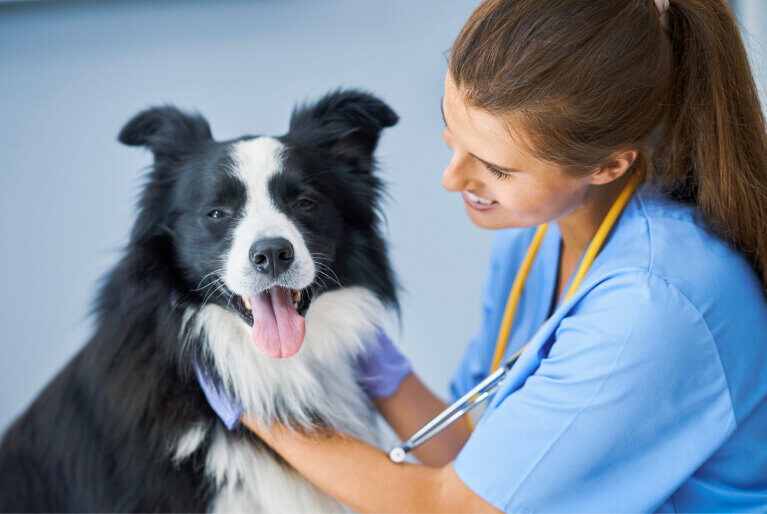

Course Highlights
%201.jpg?width=512&height=384&name=NRT_logo-1-ezgif.com-resize%20(1)%201.jpg)
%201.jpg?width=300&height=300&name=AQF_logo300x300%20(1)%201.jpg)
Why Choose This Course?
This course provides the essential skills and real-world experience needed to excel in the animal care industry. Whether you’re just starting or aiming to specialise, this qualification sets the foundation for a rewarding career as a veterinary nurse assistant, animal care receptionist, or shelter assistant or a pathway to advanced qualifications.
- Hands-On Training: Gain practical skills through placements in select animal care facilities.
- Expert Training: Learn from internationally experienced trainers who are passionate about your success.
- Industry-Relevant Focus: Specialised training in infection control, animal welfare, behaviour enrichment and so much more.
- Career Progression: A recognised pathway towards studying Veterinary nursing and beyond.
- Immersive Learning: Online theory delivery ensures you’re ready for real-world challenges where you can practice in the work placement.
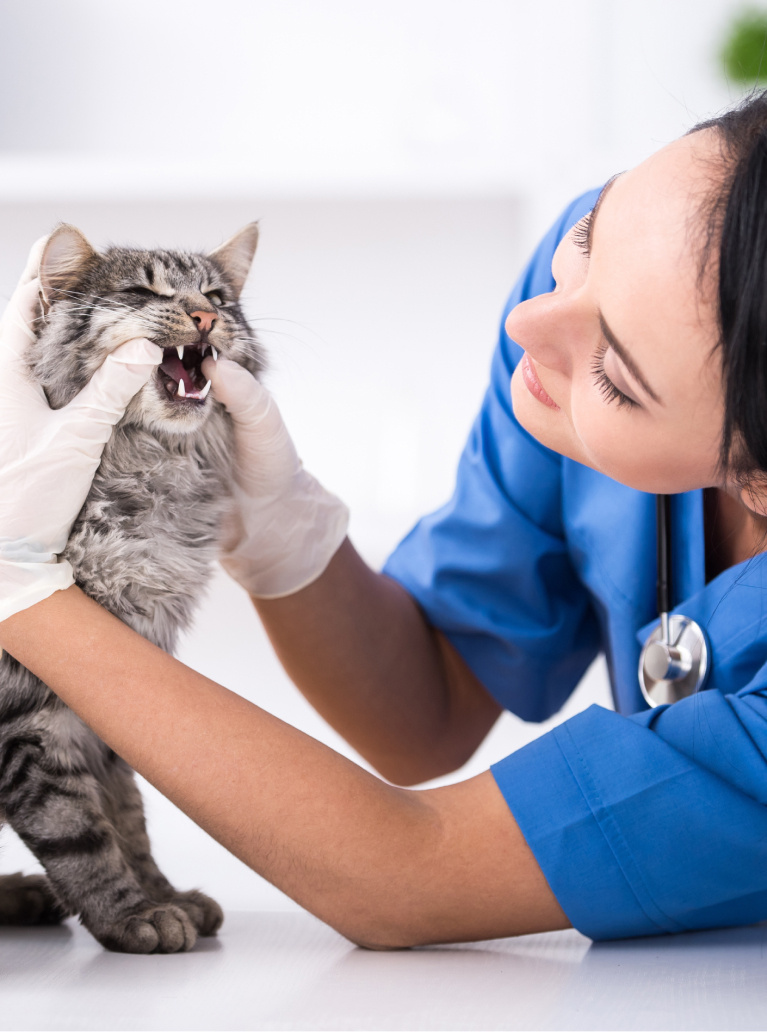
Course Details
The Certificate III in Animal Care Services equips students with the skills and knowledge to excel as an animal carer or veterinary nurse assistant. With a focus on hands-on learning, students gain experience in handpicked animal care facilities, building expertise in animal handling, routine care, behaviour, welfare, and workplace safety, including infection control.
This qualification is an ideal pathway towards Veterinary Nursing and focuses on small animal care, including domestic, exotic, and wildlife species.
*Please note: Travel to placement locations may be required (at your own expense).
There are no formal entry requirements for this course, though some experience with handling animals would be beneficial.
The course is delivered through a blended model that combines structured learning, trainer-led classes, and hands-on experience in a real-world setting.
-
Theory is delivered online and practical is gained through up to two days per week of work-based training throughout each of the four terms, for the duration of the course in a relevant workplace.
All training and assessment is delivered directly by The Animal Academy. We do not use third-party providers to deliver training or assessment.
Work placement sites are thoroughly vetted by The Animal Academy and provide structured, supervised learning aligned to unit requirements. These sites are not considered third-party providers, but play a vital role in delivering practical learning outcomes in real-world environments.
This course is designed to be completed within 50 weeks (approximately 12 months).
We offer multiple intakes throughout the year: Contact us for the next intake dates.
Core Units:
ACMBEH301 Identify behaviours and interact safely with animals
This unit will allow you to demonstrate the skills and knowledge required to identify and interpret behaviour and safely handle, interact and respond to animals in a range of animal care facilities and environments. It can be applied to a range of animal species
ACMGEN315 Communicate effectively with clients and team members
This unit of competency describes the skills and knowledge required to communicate effectively with clients, a supervisor, team members and industry representatives.
ACMGEN303 Assess the welfare status of an animal
This unit of competency describes the skills and knowledge required to assess the welfare status of an animal using an industry recognised animal welfare assessment framework or model and tool.
ACMGEN304 Promote positive wellbeing for self and others in animal care workplaces
This unit of competency describes the skills and knowledge required to follow animal health management practices to monitor animal health via daily observations of behaviour and condition. The animals may include a range of species housed long-term or cared for short-term in a workplace
ACMGEN309 Provide basic animal first aid
This unit of competency describes the skills and knowledge required to provide essential first aid for animals. The first aider is not expected to deal with complex cases or incidents, but to provide an initial response where first aid is required.
ACMINF301 Comply with infection control policies and procedures in animal care work
This unit of competency describes the skills and knowledge required to comply with biosecurity and infection control policies and procedures in animal care workplaces and relevant field locations. Workplaces may include veterinary practices, catteries/kennels/shelters, pet grooming and equine services.
ACMWHS301 Contribute to workplace health and safety processes
This unit of competency describes the skills and knowledge required to plan, support and contribute to work health and safety processes in an animal care environment.
Pre-chosen electives
ACMGEN312 Provide nutritional requirements for animals
This unit of competency describes the skills and knowledge required to prepare rations based on animal species needs and availability of food products.
ACMGEN302 Care for young animals
This unit of competency describes the skills and knowledge required to care for and monitor the general health and welfare of young animals. The animals may be rescued native wildlife or animals being naturally or artificially reared.
ACMGEN311 Maintain and monitor animal health and wellbeing
This unit of competency describes the skills and knowledge required to follow animal health management practices to monitor animal health via daily observations of behaviour and condition. The animals may include a range of species housed long-term or cared for short-term in a workplace
ACMBEH302 Provide enrichment for animals
This unit of competency describes the skills and knowledge required to provide enrichment to stimulate, replenish and maintain appropriate behavioural patterns of all animals, including those housed short-term or long-term in an animal care facility
ACMGEN205 Source and provide information for animal care needs
This unit of competency describes the skills and knowledge required to source, interpret and provide information on animal care products and services to complete workplace tasks and to provide information to others.
ACMGRM201 Bath, dry and brush domestic dogs
This unit of competency describes the skills and knowledge required to bath/wash, dry and brush domestic dogs with different coat types.
BSBXTW Work in a team
This unit of competency describes the skills and knowledge required to work effectively as part of permanent or project based teams in a workplace within an industry.
ACMSPE316 Provide general care of domestic dogs
This unit of competency describes the skills and knowledge required to identify dogs and their behavioural and physical needs, and provide daily care requirements.
ACMSPE317 Provide general care of domestic cats
This unit of competency describes the skills and knowledge required to identify domestic cats and their behavioural and physical needs, and provide daily care requirements.
ACMGEN308 Walk and exercise dogs
This unit of competency describes the skills and knowledge required to walk and exercise dogs safely.
Already have qualifications or experience? Recognition of Prior Learning (RPL) allows your existing skills and knowledge to be assessed for credit. Contact us for more details about the process and associated fees.
- Expert Training: Learn from local and internationally experienced trainers.
- Exclusive Placements: Gain hands-on experience in hand-picked animal facilities.
- Workplace Insurance: Be covered during your practical training.
- Personalised Learning: Enjoy small group sessions for focused, tailored instruction.
- Ongoing Support: Benefit from mentoring and regular individual progression check-ins.
- Industry Networking: Connect with professionals and expand your career opportunities.
- Digital textbooks and study resources.
- Additional materials to enhance your training experience.
Enrolment process

Fill out the application form and hit send

Our team will call you to assess your eligibility, discuss your goals, and answer questions. Then will meet you online to discuss the next steps

Review and electronically sign your Letter of Offer
By completing the payment process for enrolment fees

For your exciting journey in animal care with access to your learning materials and orientation details

Get course guide
Experience with Animal Academy
At Animal Academy, we prioritise your personal and professional growth through interactive and supportive learning experiences:
Where Can This Qualification Take You?
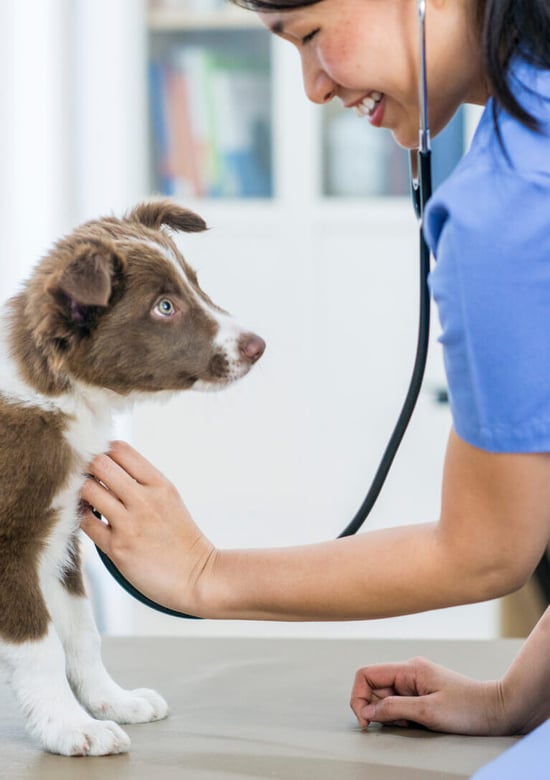
Graduates of this program go on to work in diverse and rewarding roles, including:
- Veterinary nurse assistant
- Pet shop attendants
- Animal care receptionist and support officer
- Animal control and regulation assistant
- Animal shelter assistant
Animal Care Careers: Rewarding, In-Demand, Ever-Growing

Over 69% of Australian households have pets, creating countless opportunities for animal care professionals to make a difference.
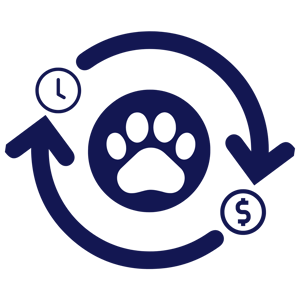
Australians spent a massive A$33.2 billion on their pets in 2022, showing the incredible value placed on animal care services.

The Australian pet care market is projected to grow to USD 2.31 billion by 2030, with a steady 5.9% annual growth rate, opening doors for rewarding careers.
Our partners
Our strong partnerships with top animal care establishments can connect students to work placements and help graduates step into rewarding careers.

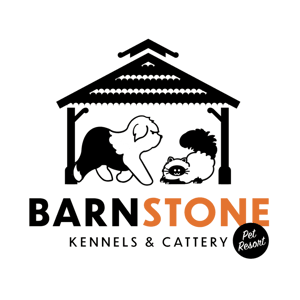


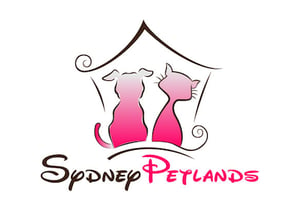
![Tallwood Logo final 2020[1] (1)](https://46702163.fs1.hubspotusercontent-na1.net/hub/46702163/hubfs/Tallwood%20Logo%20final%202020%5B1%5D%20(1).png?width=300&name=Tallwood%20Logo%20final%202020%5B1%5D%20(1).png)
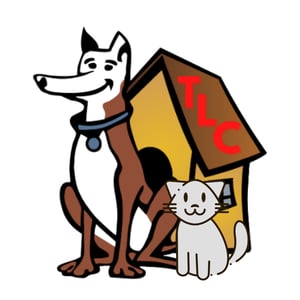

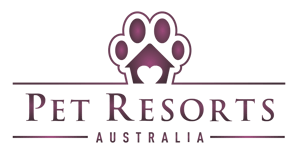
STUDENT REVIEWS
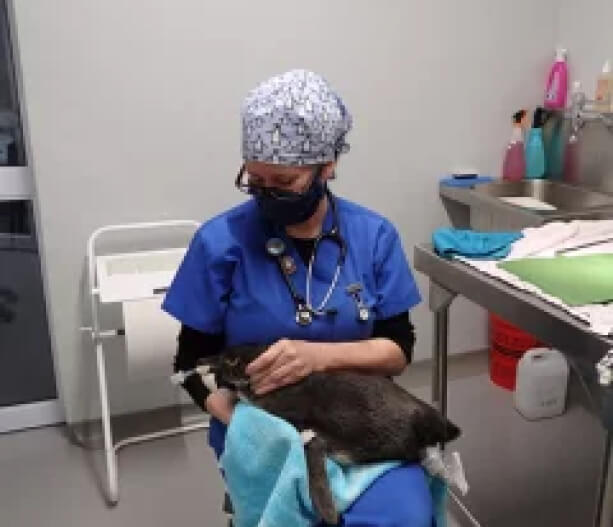
“The lectures were always engaging and interactive, which made learning so much easier. I found lecturers to be extremely approachable whenever I had doubts or unanswered questions.”

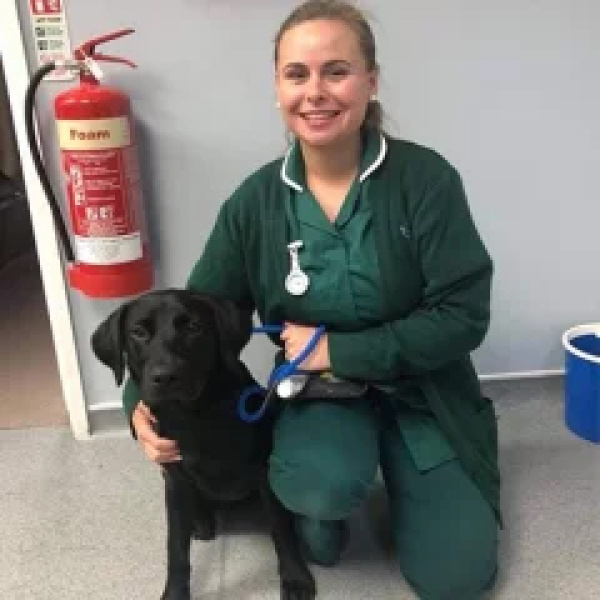
“The lectures were always well prepared and clearly structured allowing me to understand. Great patience was shown with students who were faced with academic and practical challenges throughout their studies.”

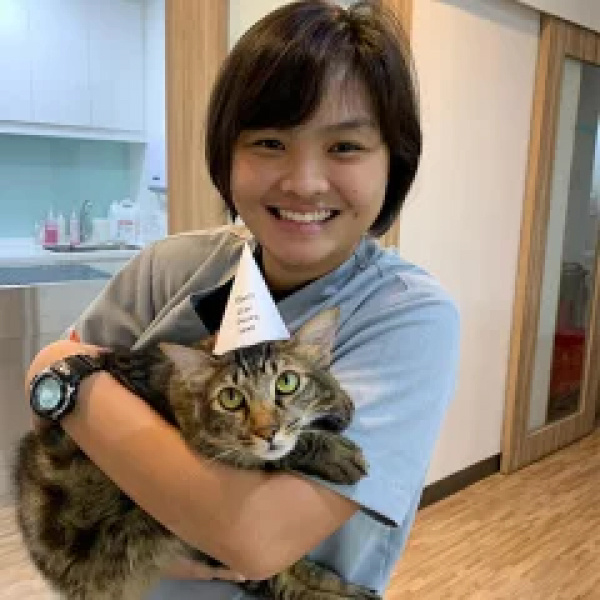
“The love, care, passion and precision in how we were taught made us strive to be the best we can be at our jobs.”

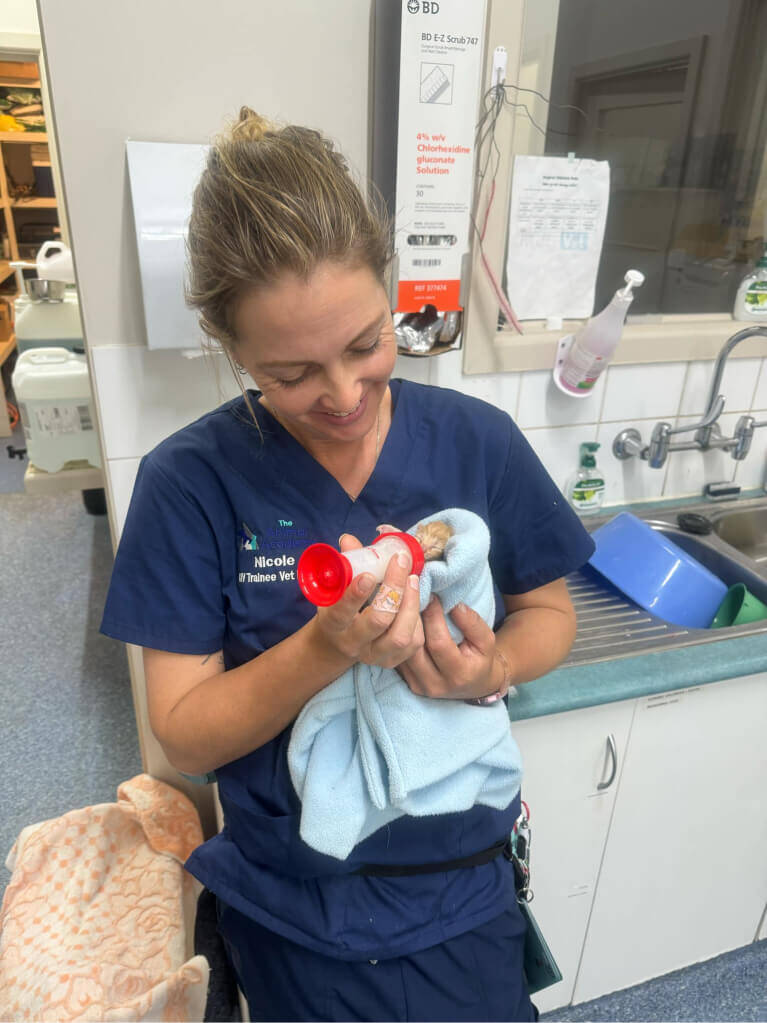
“The Animal Academy is giving us all the tools to succeed within the Animal care and nurse industry”

frequently asked questions
This qualification can lead to roles such as veterinary nurse assistant, animal care receptionist, animal shelter assistant, or pet shop attendant.
Yes! You’ll gain hands-on experience through placements in animal care facilities and veterinary practices.
No formal qualifications are required, but experience handling animals would be beneficial.
The course is designed to be completed within 12 months with flexible study options.
Yes! This course is a recognised pathway to the Certificate IV in Veterinary Nursing.
Ready to Start Your Journey?
Browse our course catalogue and find the best course for you.


